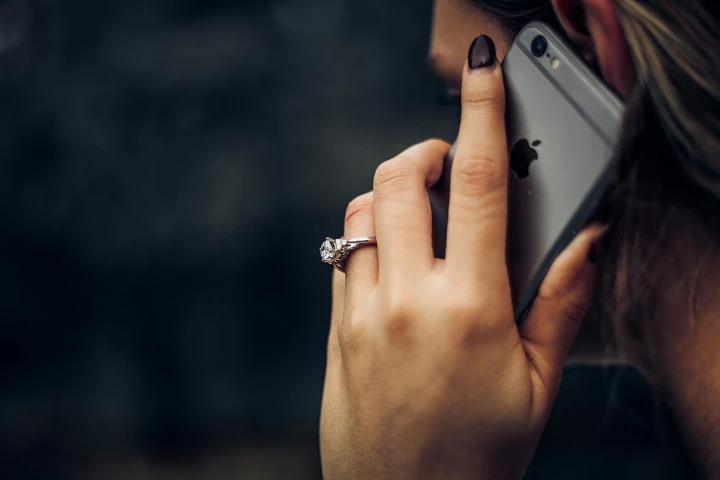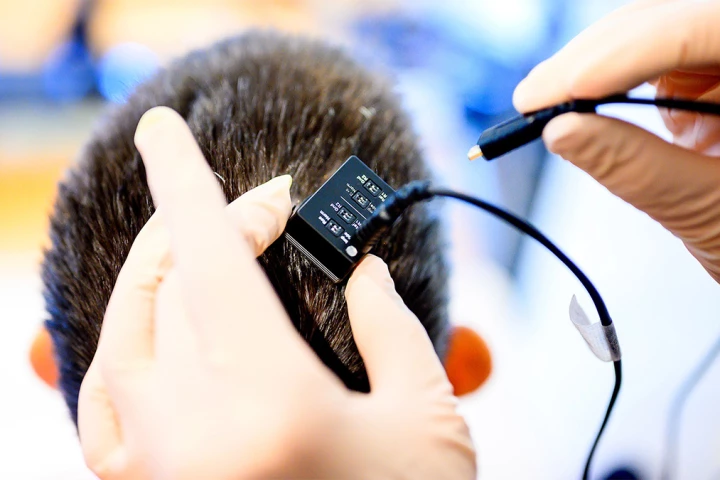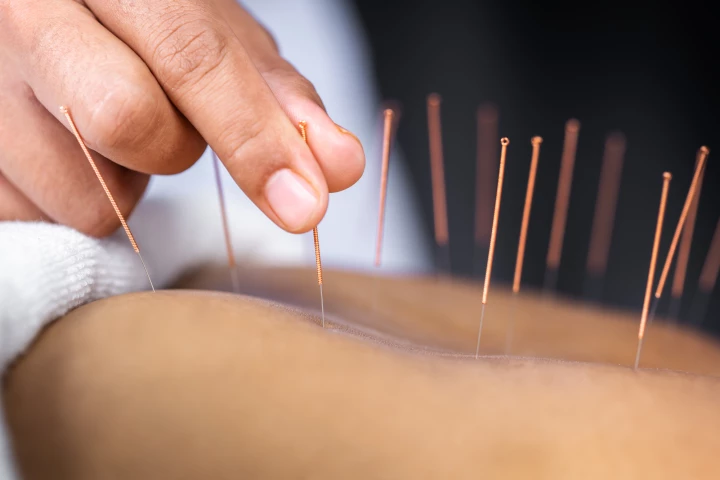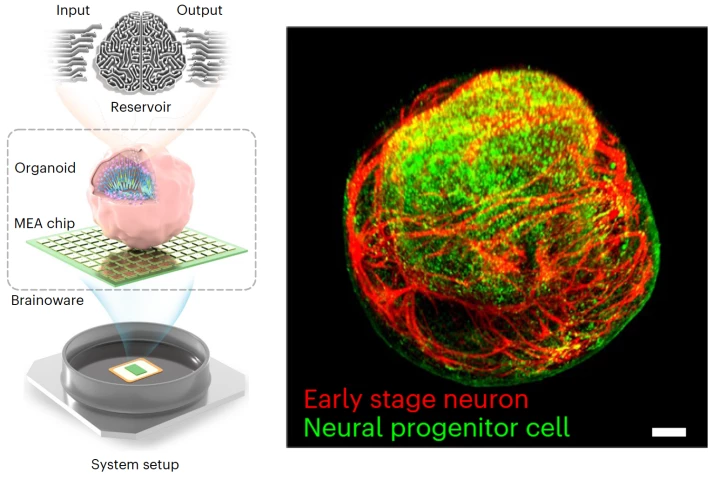Speech
-
A stroke can make it difficult to speak fluently, clearly, or in full sentences. Scientists have been working to change this, by developing a wearable device called Revoice. It helps people who lack the power of speech to communicate more naturally.
-
The Index 01 ring – from the makers of the Pebble smartwatch – captures your ideas as you speak into it. It's meant to act as external memory for your brain, while lasting for years on a single-use battery that doesn't need recharging.
-
US brain-computer-interface startup Paradromics is establishing itself as a major player in the neural-device space, with the Food and Drug Administration green-lighting a human trial to test its ability in restoring speech to people with paralysis.
-
Getting out of earshot to make a private call just got a lot harder. Researchers have shown the vibrations of the earpiece inside your phone can be picked up by a radar sensor from a distance, converted into audio, and transcribed using AI.
-
In another advancement in the field of brain-computer interfaces, a new implant-based system has enabled a paralyzed person to not only talk, but also 'sing' simple melodies through a computer – with practically no delay.
-
A team of California-based researchers has developed an incredible AI-powered system to restore natural speech for paralyzed people in real time and using their own voices.
-
In a crowd, background noise can make it hard to hear people talking. But soon we could be wearing headphones that use AI to filter out noise that’s more than a few feet away, creating a “sound bubble” that lets you focus on your own conversation.
-
Noisy environments pose a challenge to deaf people, particularly when they're trying to discern what a specific person within such a setting is saying. AirCaps glasses are designed to help, by providing real-time captioning to the wearer.
-
There could soon be a powerful new aid for people who are unable to speak. British scientists have developed a choker that detects its wearer's silently mouthed words, and converts them into audible synthetic speech.
-
A study has found that a six-week acupuncture treatment significantly improved language function, quality of life, and neurological impairment in people with speech difficulties following a stroke, with improvements maintained for six months.
-
Scientists have grown a tiny brain-like organoid out of human stem cells, hooked it up to a computer, and demonstrated its potential as a kind of organic machine learning chip, showing it can quickly pick up speech recognition and math predictions.
-
Sure, they're from a long time ago in a galaxy far, far away, but words and phrases from Star Wars have taken on a life of their own in modern English. For the first time, a study reveals how deep-rooted offerings like "to the dark side" truly are.
Load More











